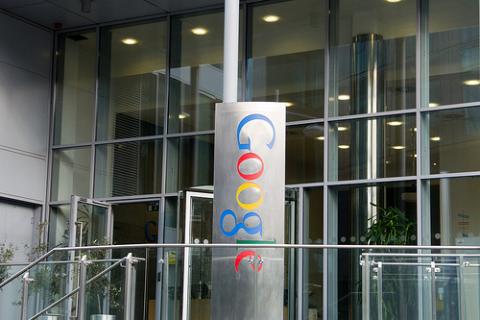Debunking the myths of Irish capitalism

There is no alternative. We must rely on foreign direct investments and on the private sector to create jobs. Private is more 'efficient' than public. An entrepreneurial spirit will drive economic growth. These are just some of the mantras that we are exposed to on a daily basis from economic commentators, whom our mainstream media promote as 'experts'. They have a monopoly over our airwaves and newspapers, and use it to espouse their ideas as if they were common sense facts that are irrefutable.
However, with a serious analysis of Irish capitalism it is quite evident that their mantras are neither common sense nor facts, and are very refutable indeed.
A look through the figures on the Irish economy reveal a very different picture to the one painted by our government and the economic 'experts,' who argue that an economic recovery based on real job growth is to be achieved through attracting foreign direct investments (FDI) into the country, combined with a strong Irish entrepreneurial spirit.
Since its foundation, the Irish state has failed to create a strong domestic manufacturing base on which to grow its economy. This has led to the situation where we are heavily reliant on, and at the mercy of, foreign investment. It was hoped and expected that the huge amount of investment that occurred in Ireland during the boom years would encourage and facilitate a strong growth in our domestic economy, through the learning of foreign skills and expertise, and the fostering of entrepreneurial opportunities. This has not transpired, and the Irish capitalist class remains notably weak. Currently, the Irish private sector accounts for only 9% of our exports. This figure shows the fundamentally weak nature of indigenous Irish capitalism.
Between 2000 and 2007, at the height of the Celtic Tiger period, Irish businesses that based themselves in the export sector did not, as one might expect, create any new jobs - in fact, it shed 11,000 of them. Also during this period, Irish venture capital invested €1.5bn here, yet invested 60 billion in foreign property deals. If our own private export sector could not create jobs during the boom years, how can we realistically expect them to create jobs now during an economic depression?
The idea that Multinational Corporations (MNCs) will provide a route out of this crisis for the 440,000 unemployed is another myth that requires debunking. In Ireland, MNCs account for around 140,000 workers. This is only around 7 to 8% of our total workforce. This figure is quite surprising considering the amount of emphasis that the government places on this sector.
MNCs also account for 91% of Ireland's total exports, with pharmaceutical companies accounting for 60% of that figure. Since 2005, exports in pharmaceuticals here grew by 30%, yet during that same period there was no corresponding job growth in that sector. Their real effect on the economy is limited at best, with much of their raw materials imported and their profits repatriated. The fact that MNCs account for 91% of our exports, yet still only employ 7 to 8% of the total workforce is both a damning indictment of indigenous capitalism, and an indicator that a recovery based on FDI will not provide the required jobs to take the hundreds of thousands off the dole queues.
So what do all these figures indicate? They indicate that the daily mantras that we hear from the government and the mainstream media that we must keep our corporation tax rate low, that we must become more 'competitive' through lowering wages, that we must satisfy the markets and that if we do all of this, we will see an influx of FDI which will create the jobs needed to get us out of the unemployment crisis, are mantras that are based on flawed analysis of the nature of the Irish economy.
The figures also indicate that a different strategy will be required to create the jobs that the thousands that are emigrating and the many thousands more who languish on the dole need. If, as is evident, the Irish and international investors are unable to create these jobs, then the state must step in and provide them. Two simple measures could achieve this.
Firstly, the banks must be nationalised and taken under democratic public ownership so that they are run in the interests of ordinary people in society and not for private profit. This would allow for representatives from all sectors of society to run these banks in the interests of society, in a way that provides cheap credit so that communities, and small and medium sized businesses would be able to create the jobs that we need to get the economy moving again.
Secondly, the state must nationalise the major profit making industries in Ireland. The knowledge and skills to run all of these industries are already here, but a system of private profit leaves hundreds of thousands on the dole while billions sit unproductively in bank vaults. These are indeed revolutionary measures, but they are ones that would change the nature of Irish society. They also pose the revolutionary questions, if capitalism can't provide the people of Ireland with a guaranteed job and a decent standard of living, then what kind of system will?
weonlywanttheearth.blogspot.com
Image top: infomatique.
